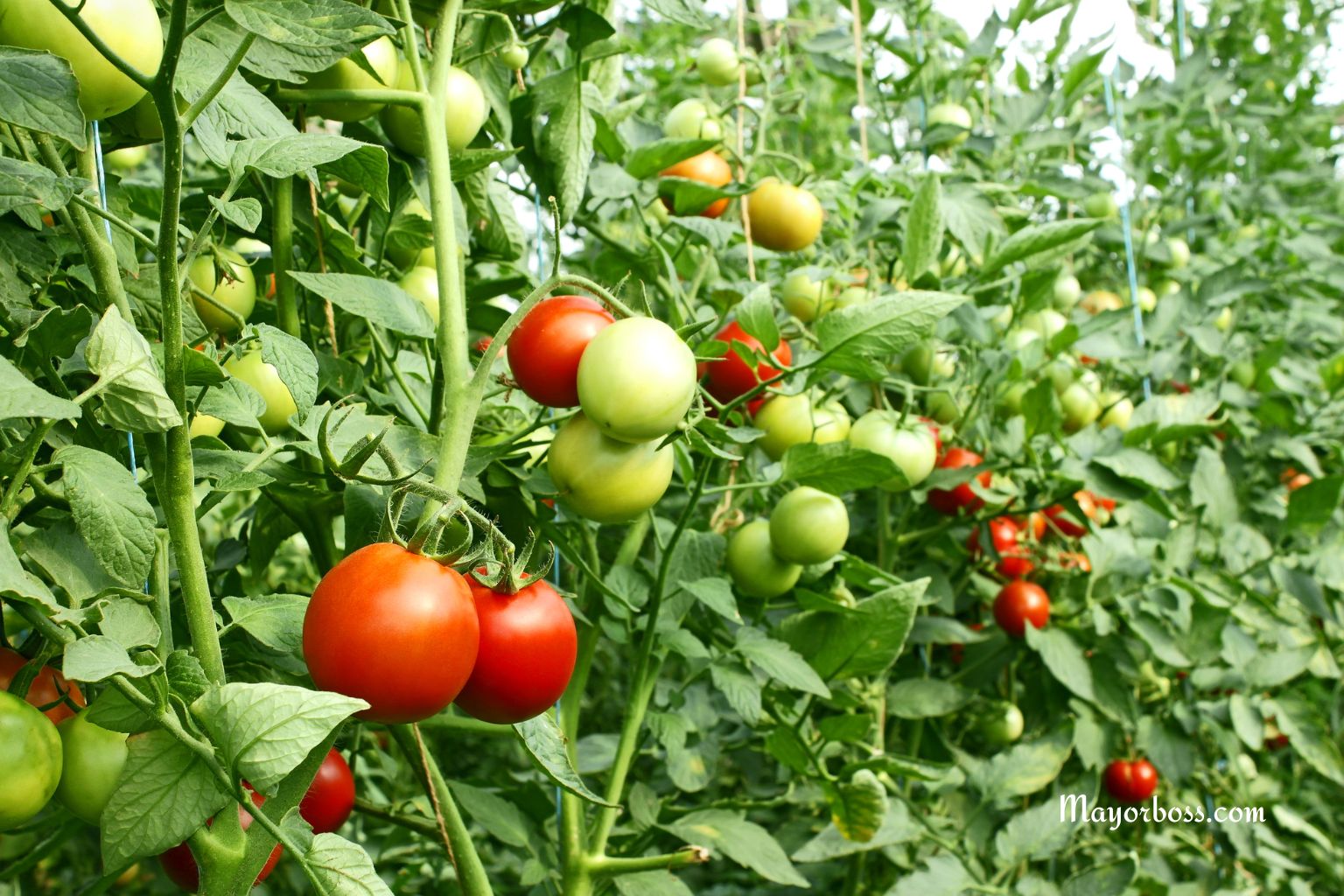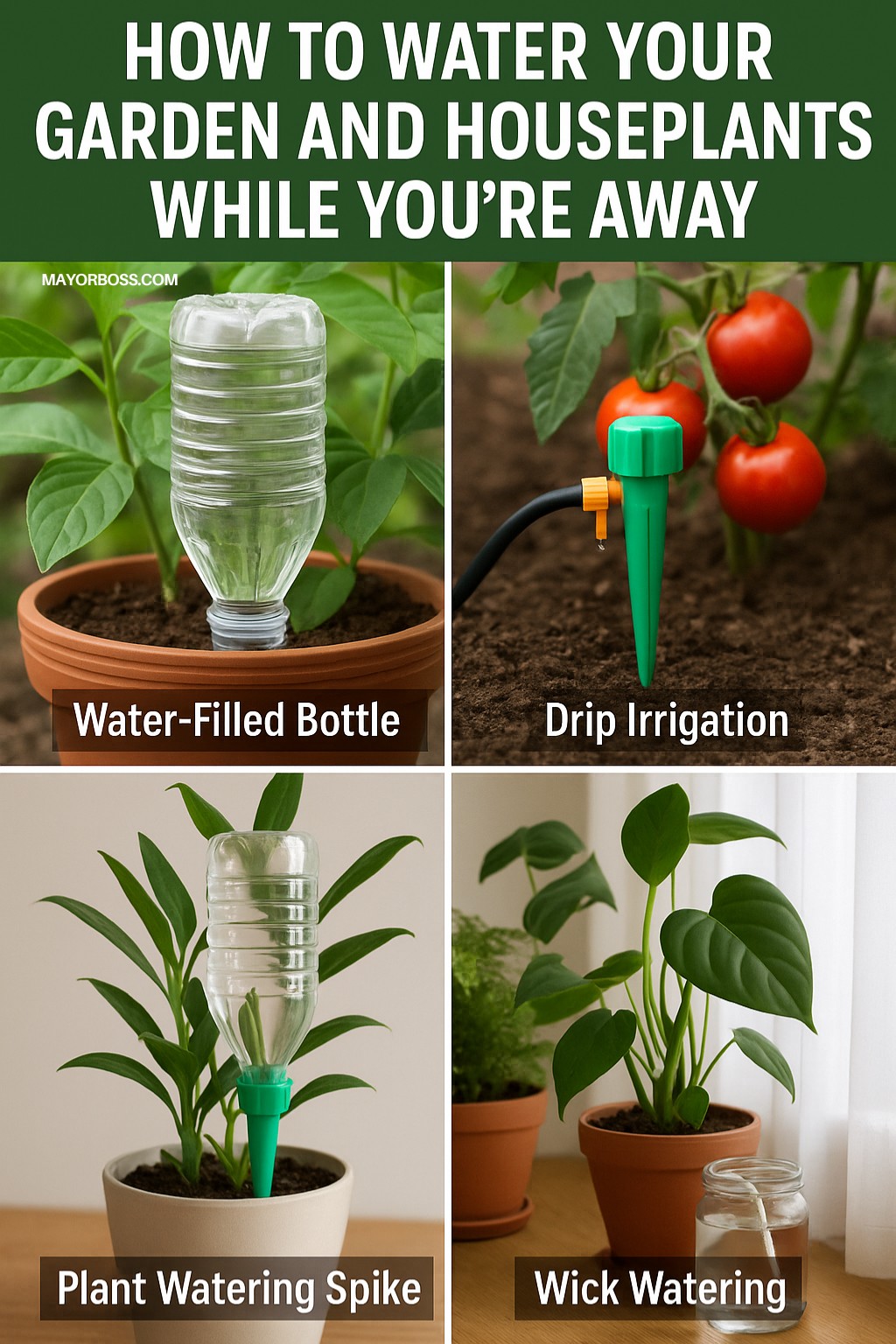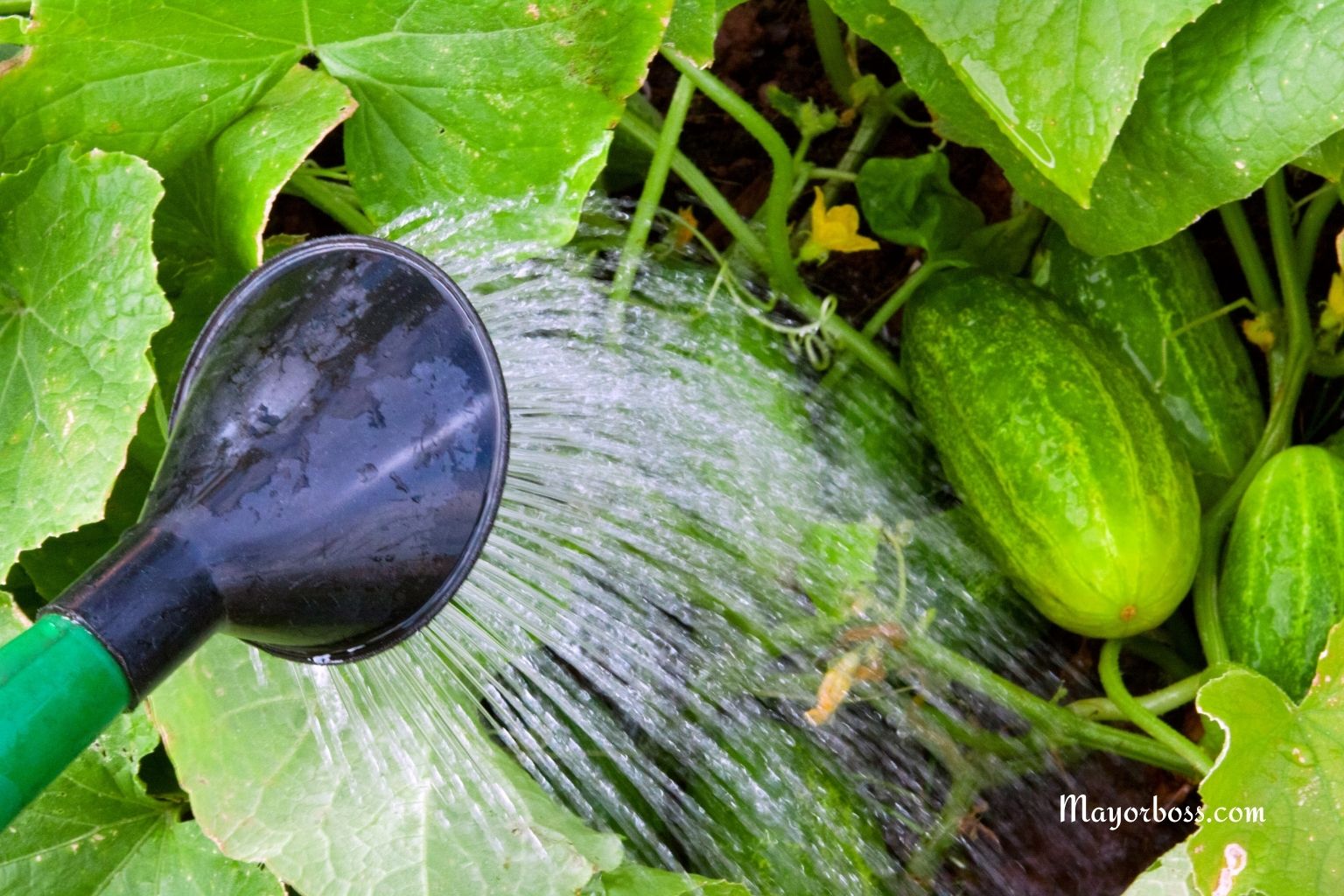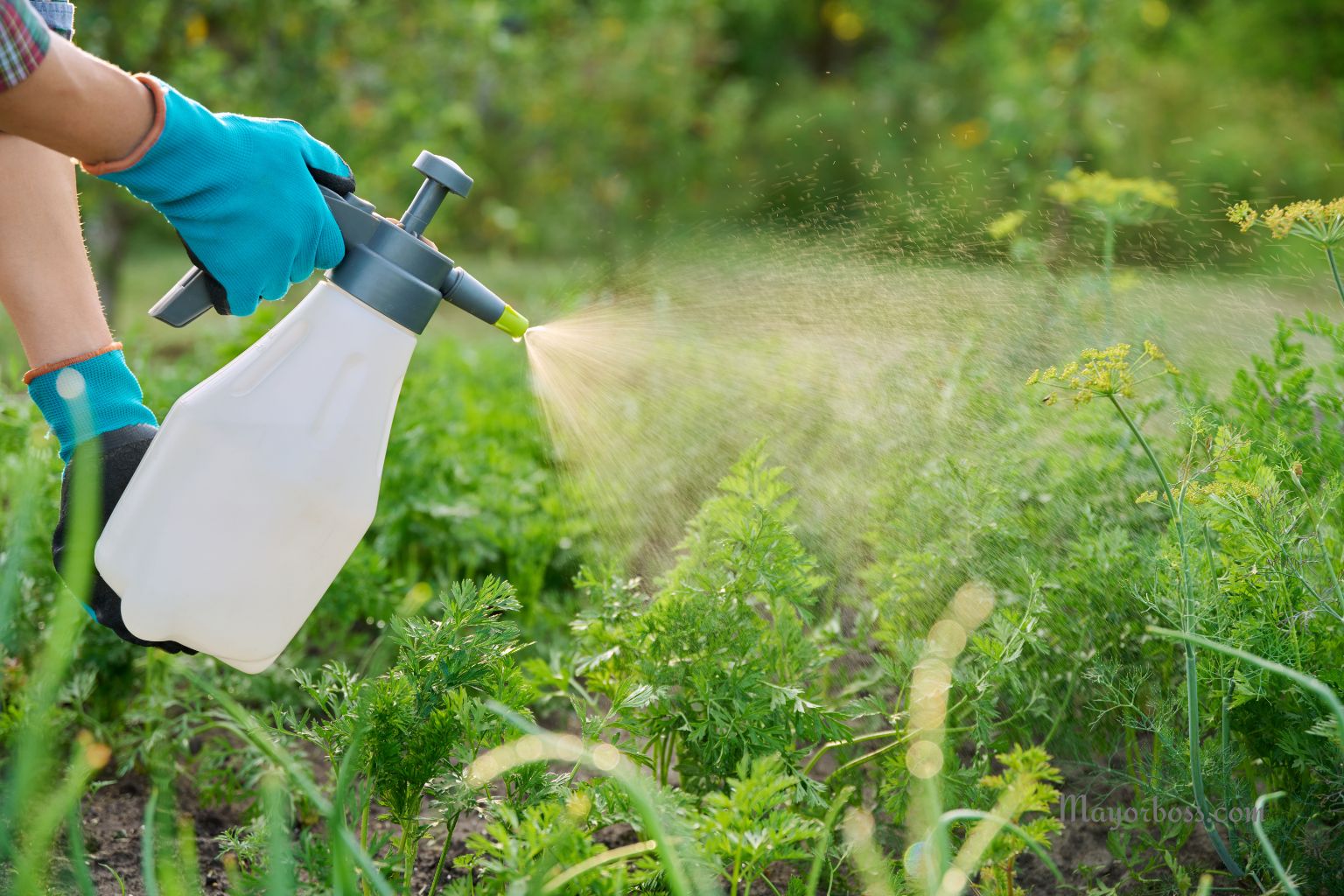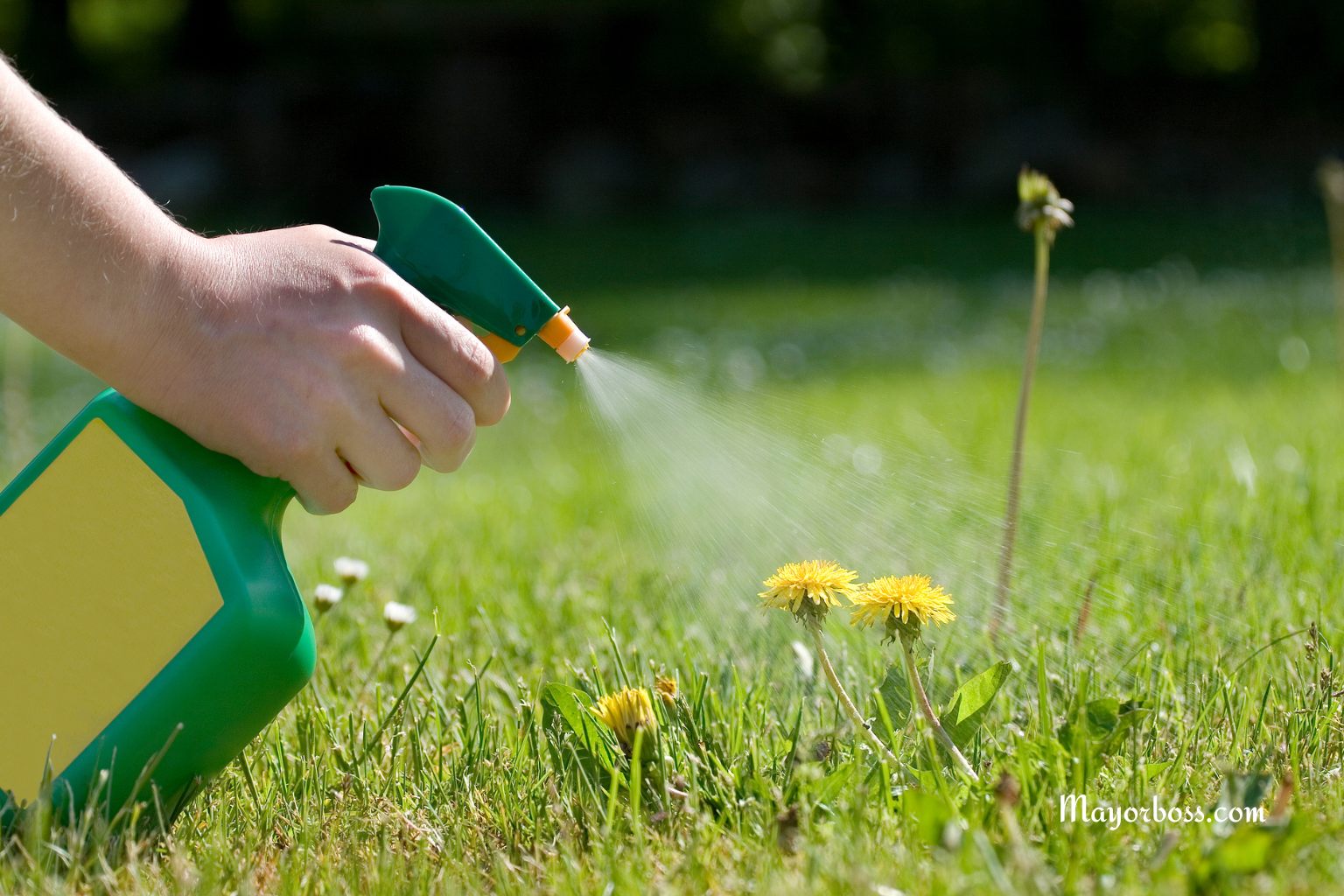How To Get Rid Of Weeds Without Killing Grass
You can remove weeds from your lawn without harming the grass by using targeted methods like hand-pulling, spot-treating with selective herbicides, and improving lawn health through regular mowing, watering, and fertilizing. These approaches remove weeds at the root and prevent regrowth while keeping your grass healthy and green.
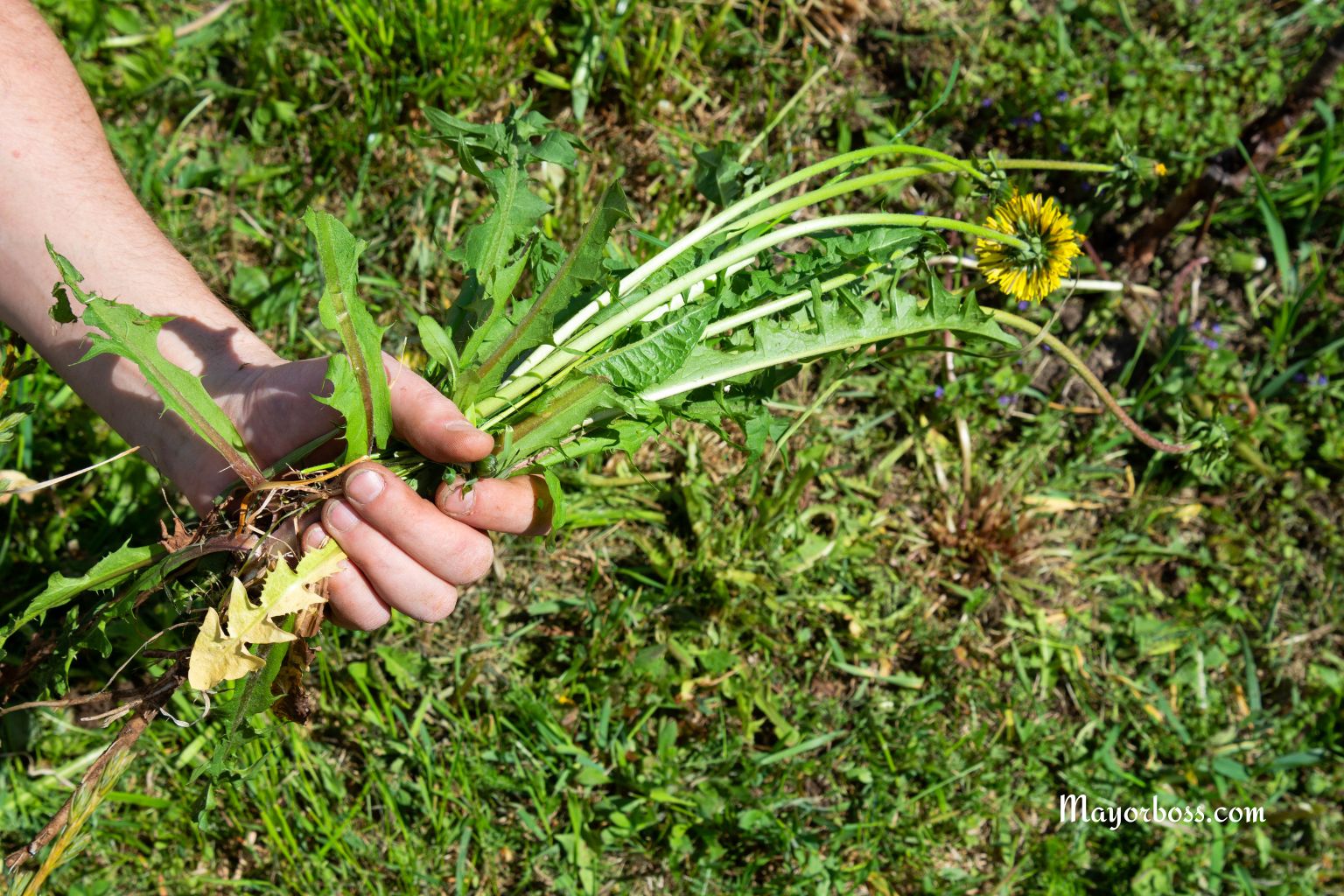
A beautiful, green lawn is something many people want for their homes. But weeds often show up where they’re not wanted, ruining the look and health of your grass. If you’ve ever asked yourself, “How can I get rid of weeds without killing my grass?”—you’re not alone. This is a common question I hear from neighbors alike.
Weeds compete with your grass for water, sunlight, and nutrients. Some weeds can spread quickly, crowding out the healthy grass you’ve worked hard to grow. Certain weeds even attract pests or diseases, which can make your lawn care problems worse.
But here’s the good news: With the right approach, you can get rid of weeds without damaging your lawn.
Start by identifying the weeds growing in your yard. Some weeds are broadleaf, like dandelions and clover. Others are grassy, such as crabgrass. Knowing which weeds you have will help you choose the best treatment.
Hand-Pulling
For a few weeds here and there, pulling them out by hand is one of the safest methods. Here’s how to do it right:
- Water the lawn first to soften the soil.
- Use a weeding tool or your hands.
- Grab the weed at the base and pull slowly to remove the entire root.
- Dispose of weeds in a bag—don’t leave them on the lawn.
If you only have a few weeds, this approach is easy, affordable, and safe for your grass.
Use a Selective Herbicide
If hand-pulling isn’t practical because you have a lot of weeds, consider a selective herbicide. Selective herbicides are designed to kill weeds but leave grass unharmed.
- Look for products labeled “selective” and “safe for lawns.”
- Follow the instructions exactly. Using too much can harm your grass.
- Spot-treat only the weedy areas instead of spraying the whole lawn.
Herbicides work best on young, actively growing weeds. Apply them when the weather is dry and there’s little wind.
If you prefer natural solutions, try these methods:
Corn Gluten Meal
Corn gluten meal can prevent weed seeds from sprouting. Spread it on your lawn early in the spring, before weeds start to grow. It won’t kill existing weeds, but it helps stop new ones.
Vinegar Solutions
Household vinegar can kill some weeds if sprayed directly on their leaves, but it can also damage grass, so use it only for weeds growing in cracks or driveways, not your lawn.
Improve Lawn Health to Prevent Weeds
Healthy grass is the best defense against weeds. Here’s what you can do:
- Mow regularly. Keep your mower blade high. Taller grass shades the soil and makes it harder for weed seeds to sprout.
- Water deeply and less often. This encourages grassroots to grow deeper.
- Fertilize correctly. Use the right type of fertilizer for your grass at the recommended times.
- Aerate the soil. This helps roots grow and improves drainage.
When your lawn is thick and healthy, weeds have a much harder time taking over.
Fix Bare Spots Promptly
Weeds love bare spots. If you notice thin or bare patches in your lawn, fill them in by overseeding. This means spreading new grass seed over the area to encourage thick, healthy growth.
Mulch Lawn Edges
Mulch around trees, flower beds, and walkways. Mulch blocks sunlight and prevents weed seeds from growing. Just keep mulch away from the grass itself to avoid smothering it.
When to Call a Professional
If you’ve tried these methods and your weeds keep coming back, or if you have a severe infestation, it might be time to call a lawn care professional. They can assess your lawn, identify the weeds, and create a treatment plan that keeps your grass healthy.
Frequently Asked Questions
1. Will vinegar kill weeds in my lawn?
Vinegar can kill some weeds, but it often harms grass as well. It’s better suited for weeds growing in cracks or driveways, not in your lawn.
2. What is a selective herbicide?
A selective herbicide is a weed killer that targets specific types of weeds while leaving your grass unharmed. Always check the label to make sure it’s safe for your lawn type.
3. How can I keep weeds from coming back?
Maintain a healthy lawn with regular mowing, watering, and fertilizing. Fill in bare spots quickly, as weeds often invade open areas.
4. Is it safe to use corn gluten meal on my grass?
Yes, corn gluten meal is safe for grass and can help prevent new weed seeds from sprouting, but it won’t kill existing weeds.
5. Should I pull weeds by hand or use a spray?
For small numbers of weeds, hand-pulling works well. For larger patches, use a selective herbicide and follow the directions carefully.

